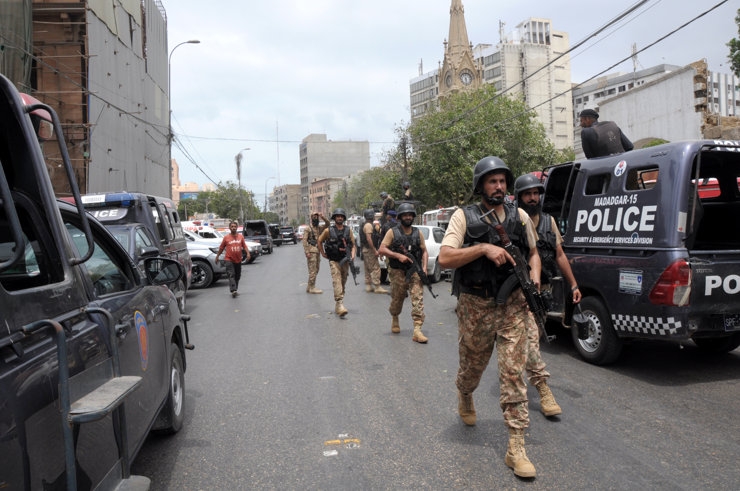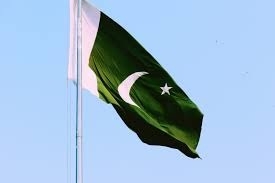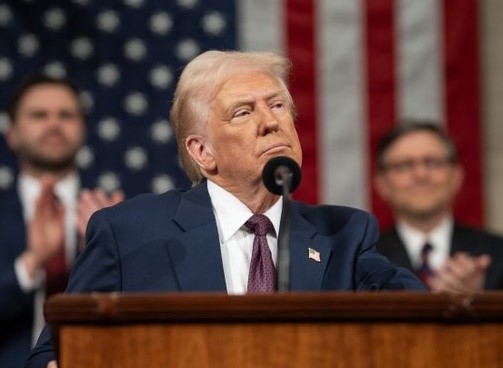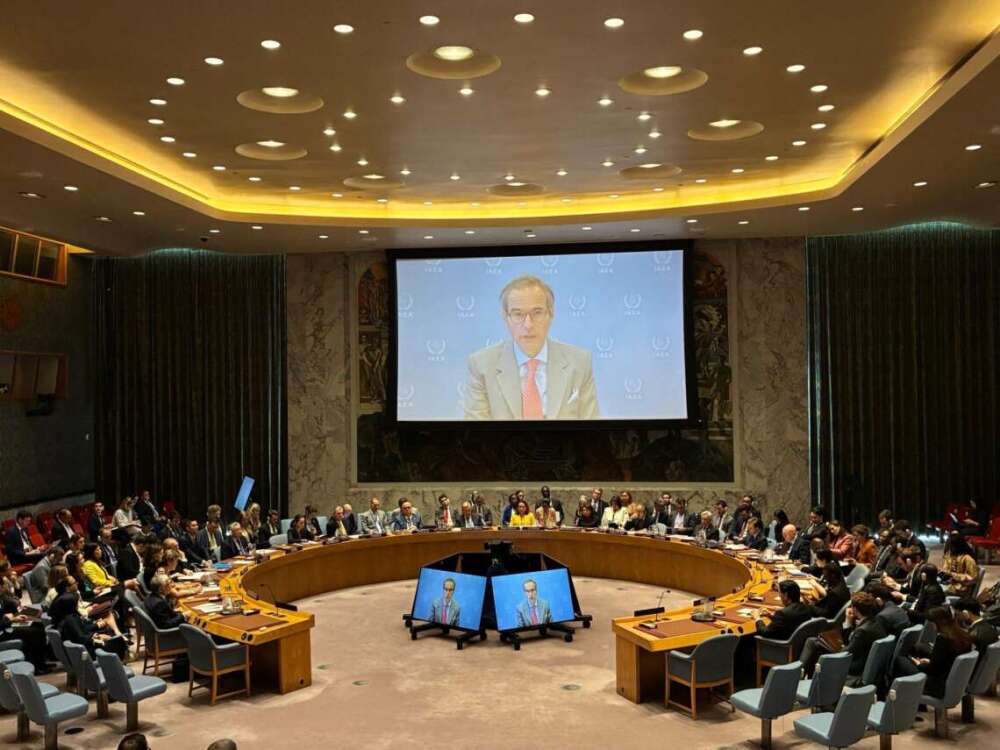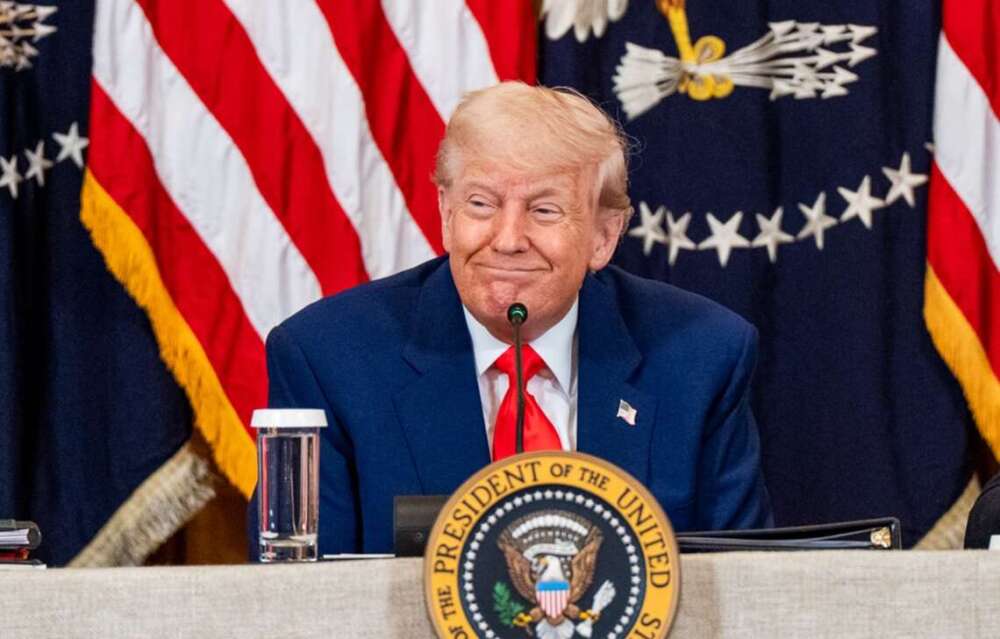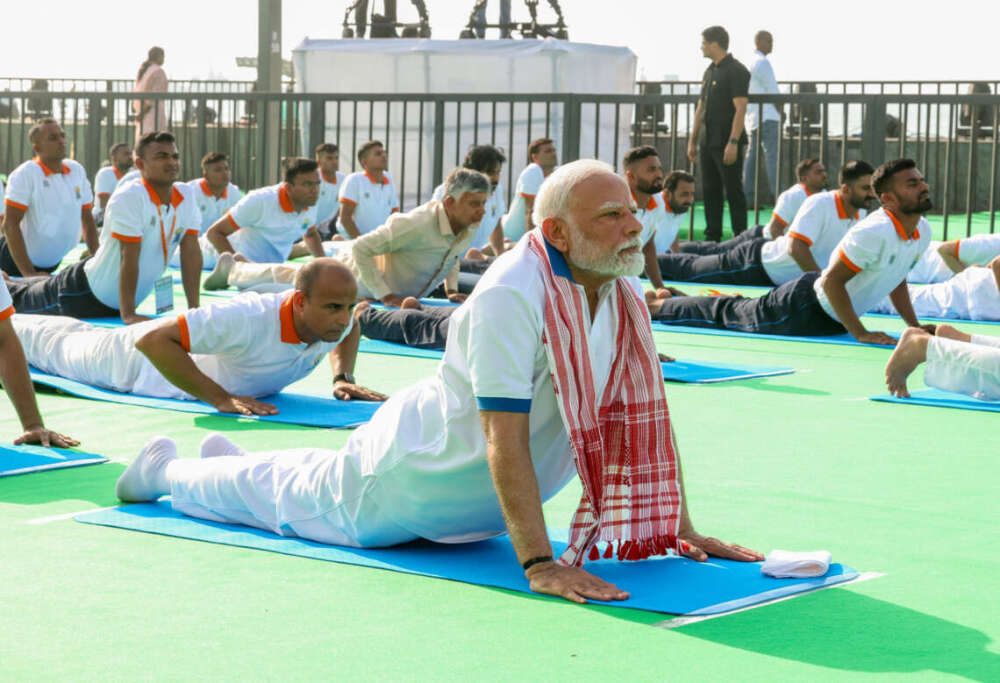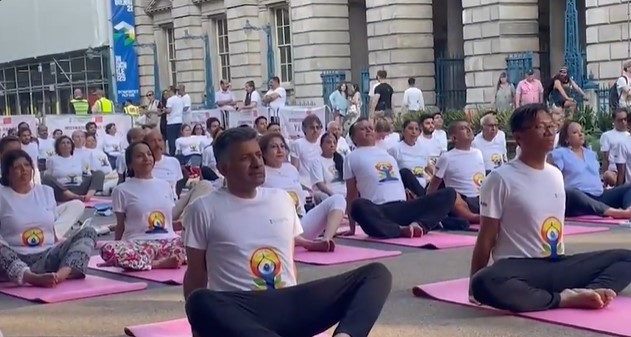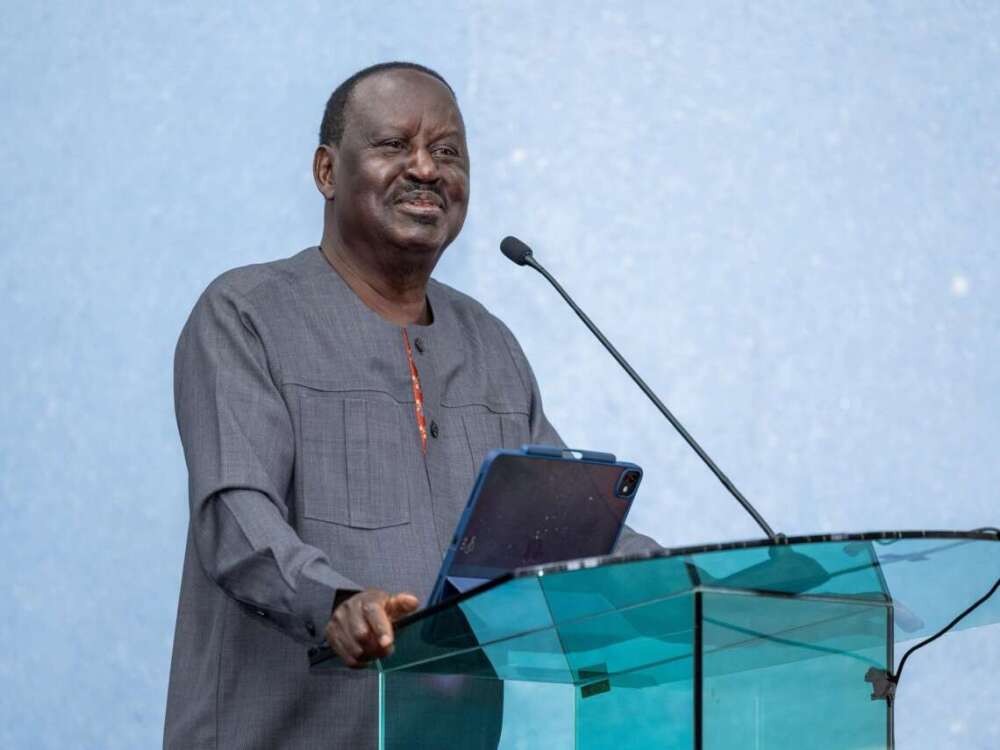Pakistan’s status has now been classified as “repressed” which means that the civic space in the country is significantly constrained….reports Asian Lite News
A global coalition of civil society organizations and activists, dedicated to promoting citizen action and strengthening civil society worldwide, has raised serious concerns about civic freedoms in Pakistan in its latest report released on Monday.
Adding Pakistan to its monitor watchlist, Civicus highlighted the escalating criminalisation of human rights defenders and journalists, crackdown on human rights movements and protests and digital restrictions in the country.
As per Civicus monitor’s human rights watchlist 2025, Pakistan’s status has now been classified as “repressed” which means that the civic space in the country is significantly constrained.
“Pakistan’s recent criminalisation of activists, stifling of opposition and minority protests, and digital space restrictions have resulted in the county being added to the Civicus Monitor watchlist,” the organisation stated.
In its report, Civicus highlighted the struggles of Baloch human rights activist Mahrang Baloch, leader of the Baloch Yakjehti Committee and human rights lawyer Imaan Zainab Mazari-Hazir.
“In October 2024, the authorities targeted prominent human rights defender and Baloch leader, Dr. Mahrang Baloch who is facing baseless allegations of aiding separatist groups. The case comes just days after Baloch was prevented from boarding a flight abroad alongside fellow activist Sammi Deen Baloch,” the report mentions.
“In the same month, human rights lawyer Imaan Zainab Mazari-Hazir and her husband were also charged with ‘acts of terrorism’. Human rights defender Idris Khattak has spent five years in detention now, as a reprisal for his work, while the government has banned the Pashtun Tahaffuz Movement (PTM), which has mobilised nationwide against human rights violations against the Pashtun people,” it added.
Civicus also highlighted the Anti-Terrorism Act, used by the current Pakistani regime to impose a ban on Pashtun Tahafuz Movement during the year 2024, terming charges, actions and assaults against human rights activists, lawyers and other parties as part of a political witch-hunt.
“The Karachi police initiated a crackdown around the Sindh Rawadari March in Karachi in October 2024 and ahead of a peaceful demonstration of ethnic Baloch people in Sindh province in January 2025,” it mentions.
The report also noted the targeting of journalists under the Prevention of Electronic Crimes Act (PECA) for being accused of spreading false narratives against state institutions.
“The crackdown on protests by the opposition and ethnic minority groups and the targeting of journalists and digital restrictions are inconsistent with Pakistan’s International human rights obligations. They also go against the recommendations made by the UN Human Rights Committee”, Civicus stated.


